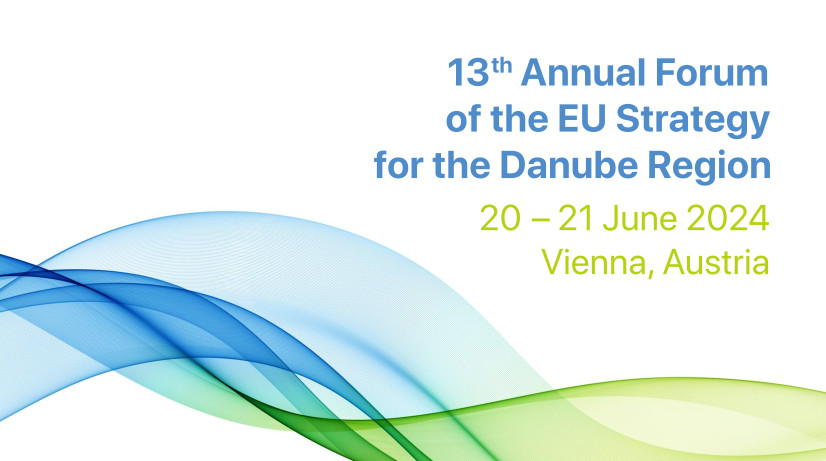
Acting Assistant Minister of European Integration Sanda Šimić spoke on a panel dedicated to perspectives on connectivity and cooperation perspectives in the Danube region at the 13th Annual Forum of the EU Strategy for the Danube Region (EUSDR) held in Vienna today.
Šimić thanked Austria, the current state holding Presidency of the EU Strategy for the Danube Region (EUSDR), as well as Slovenia, the last year’s presiding country, for bringing the topic of enlargement and the interests of the EU accession candidate countries into focus of the EUSDR.
EUSDR, along with the Interreg programs, represents rare platforms where non-EU member states participate on equal grounds with the EU member states. This is of great importance to us, not only as an opportunity to build our own capacities but also as a chance to see what goes on behind the scenes, such as the dynamics of work of the European Commission and to familiarize ourselves with their procedures", said Šimić.
She reminded that European Territorial Cooperation Programs had been present in Serbia since 2004, originating from the Thessaloniki Summit, and that this year marked 20 years of the European territorial cooperation in Serbia.
"When it comes to the future, although we negotiate on an equal footing with the EU member states within the framework of macro-regional strategies and Interreg programs, the non-EU countries still have less access to some of the funds. Gradual opening of new funds would be of great significance for Serbia," emphasized Šimić
At the 13th Annual Forum of the EU Strategy for the Danube Region, which brought together a large number of officials and experts from both the EU and the candidate countries, discussions focused on how to enhance stability and security in the Danube region, providing "clearer European perspectives" to countries from that region aspiring to become EU members, strengthening business skills and opportunities, and preserving the Danube ecosystem.
EUSDR is a macro-regional strategy launched by the European Commission in December 2010 and supported by the European Council in 2011. The Strategy encompasses 14 countries, including both EU member states and EU candidate countries: Austria, Bulgaria, Croatia, parts of Germany, Hungary, Romania, Slovakia, Slovenia, Bosnia and Herzegovina, Moldova, Montenegro, Serbia, and Ukraine.
The countries that participate in the EUSDR rotate in holding presidency. Austria took over the presidency by the end of the last year.
Many beneficiaries of these programs emphasize that the programs may be the best way to familiarize themselves with how the EU functions. Beneficiaries of the Interreg program, as well as those involved in implementing macro-regional strategies, not only have the opportunity to build their capacities and implement acquired knowledge at the local level, but also familiarize themselves with the dynamics of functioning and operations within the EU.






